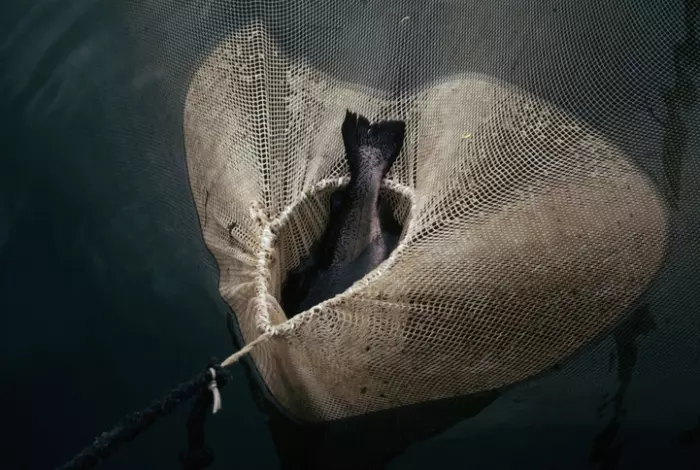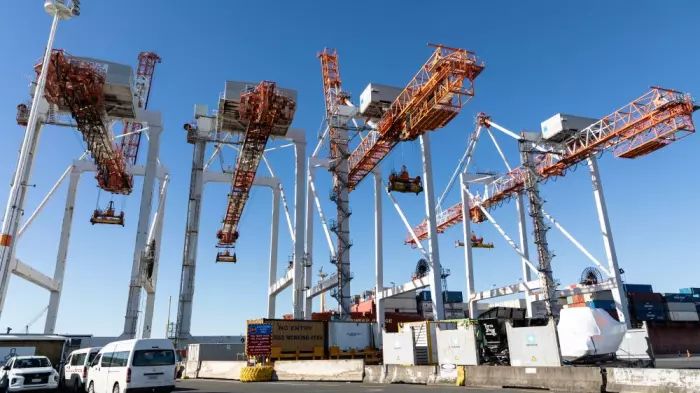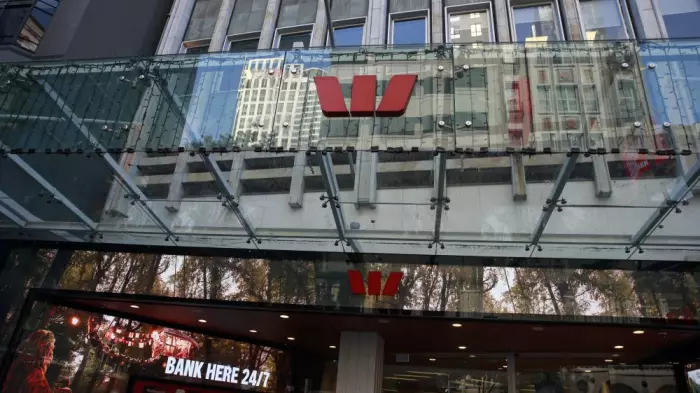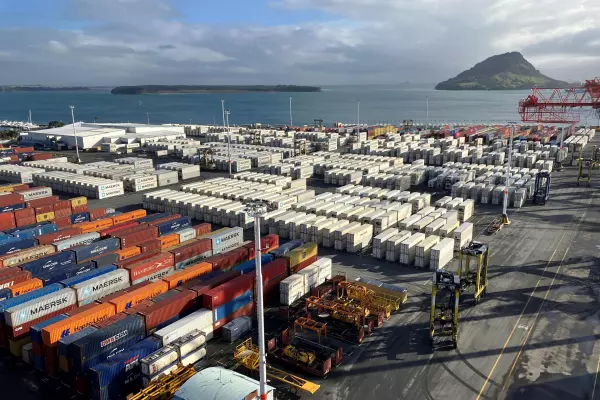New Zealand King Salmon Investments saw a net loss after tax of $24.5 million in its half-year earnings due to a lower harvest, sea farm mortalities and a decline in biomass at sea.
The world's largest aquaculture producer of King salmon described the six months ended July 31 as a “challenging start” to the financial year.
Pro-forma operating earnings before interest, tax, depreciation and amortisation (Ebitda) also saw a loss of $13.7m, compared with a profit of $3.3m in the previous corresponding period.
The loss was mainly due to the company being forced to close three of its four fish farms in Pelorus Sound due to high summer water temperatures, which significantly affected the first-half result.
Chair John Ryder said the company had a “disappointing” start to the financial year because of the high mortality among its salmon farms, which cost the company $22m for the six months ended July 31 – up from $10.4m in the previous period.
“We then had to begin rebuilding our biomass and accordingly we restricted our harvest and sales,” he told the New Zealand stock exchange (NZX) in a statement.
“We introduced a number of cost-saving initiatives, and our financial performance has improved although there is more work to do.”
Sales volumes also decreased, to 2,886 metric tonnes (MT), a 21% drop from 3,669MT in the first half of 2022 due to the reduced harvest.
Ryder said the recovery progress was “in line” with previously communicated guidance. The Nelson-based company reiterated its guidance for the full 2023 financial year to be between an $8m and $12m pro forma Ebitda loss.
Chief executive Grant Rosewarne acknowledged it had been a “tough start” to the financial year, but said the company’s outlook was improving, with price increases implemented across all markets.
“We successfully completed a $60.1m pro rata rights offer and proceeds were used to repay debt, which has left us with net cash of $15.6m,” he said. “We now have to rebuild biomass from 3,700MT back up to around 5,000MT.”
Rosewarne said the company was downsized to align with the reduced harvest, which was “not an easy decision to make”.
“We have been fortunate that there are a number of staff shortages in other businesses, so only 23 positions were made redundant as our business reduced from 580 team members to 452, largely through attrition,” he said.
Rosewarne said markets remained strong in North America for its flagship product, Ōra King. Domestically, its Regal brand remained NZ’s preferred smoked salmon.
A new aquaculture strategy had also been introduced, which included three salmon farms in Pelorus Sound already being fallowed.
In an update on its deep-sea Blue Endeavour project, the company said the hearing for its application was formally closed at the beginning of September and a decision was now expected by the end of the year.
NZ King Salmon shares were flat at 22 cents per share when the market opened this morning.















